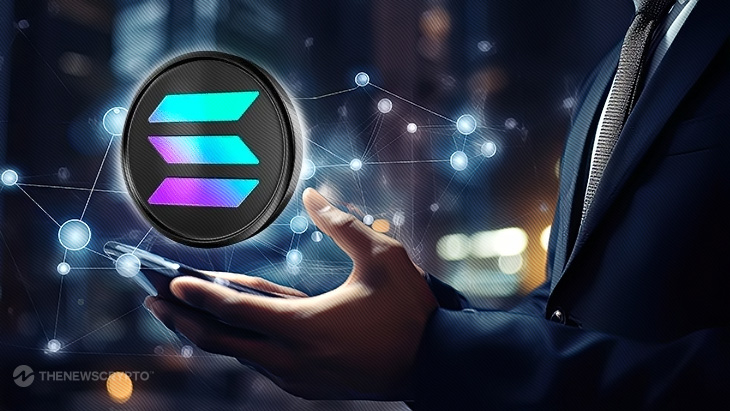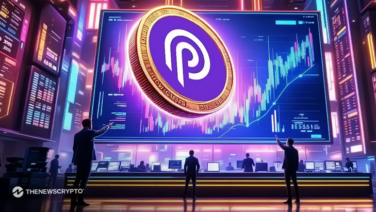- Solana Mobile has reached 100,000 pre-orders for its second crypto phone.
- The company has secured $45 million for the development and production of the device.
Solana Mobile, a subsidiary of Solana Labs that makes smartphones with crypto-specific features, has achieved a significant milestone for its second device. The company has received 100,000 pre-orders for its “chapter 2” phone, which will run on the Solana blockchain. This has secured $45 million for the development and production of the device, which is expected to be delivered in early 2025.
The 100,000 pre-order mark was a precondition for Solana Mobile to proceed with its second phone, according to Anatoly Yakovenko, the co-founder of Solana. He said that this number made the economics of the device more feasible, compared to the first phone, which sold for $1,000 and took nearly a year to sell out 20,000 units.
Moreover, Solana Mobile is the only crypto-enabled phone maker that has found a loyal customer base that comes back for more. Also, the company’s first phone, the Saga, was an experimental device that came with free tokens that could be used on the Solana blockchain. This attracted crypto traders who bought the phone for the tokens, rather than the phone itself.
Solana Mobile’s Unique Selling Point
The second phone will have custom features that integrate buying, selling, holding and using cryptocurrencies, especially those on the Solana blockchain, into the device’s core functionality. The second phone disrupting the app stores is easier than disrupting Visa and Mastercard, and that Solana Mobile aimed to do that with its crypto-enabled phones.
Yakovenko said:
“It’s really tough to beat Apple and Google on camera and the other. That’s why we really care about the crypto-specific features. We are trying to build something that you can’t get on another device.”
With 100k units as a minimum for production, Solana Mobile is closer to reaching a critical mass of users that could attract app developers to build games for the Solana ecosystem. Yakovenko said that games were essential for finding mainstream success. It also has an advantage over Apple and Google’s app stores, as it did not charge 20% to 30% fees to the app merchants.
Highlighted Crypto News Today:








